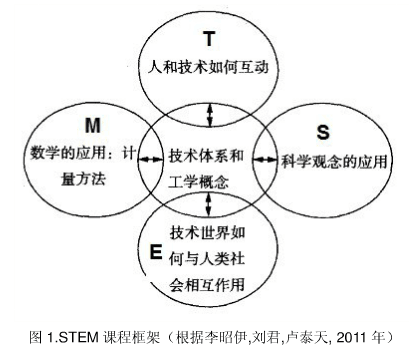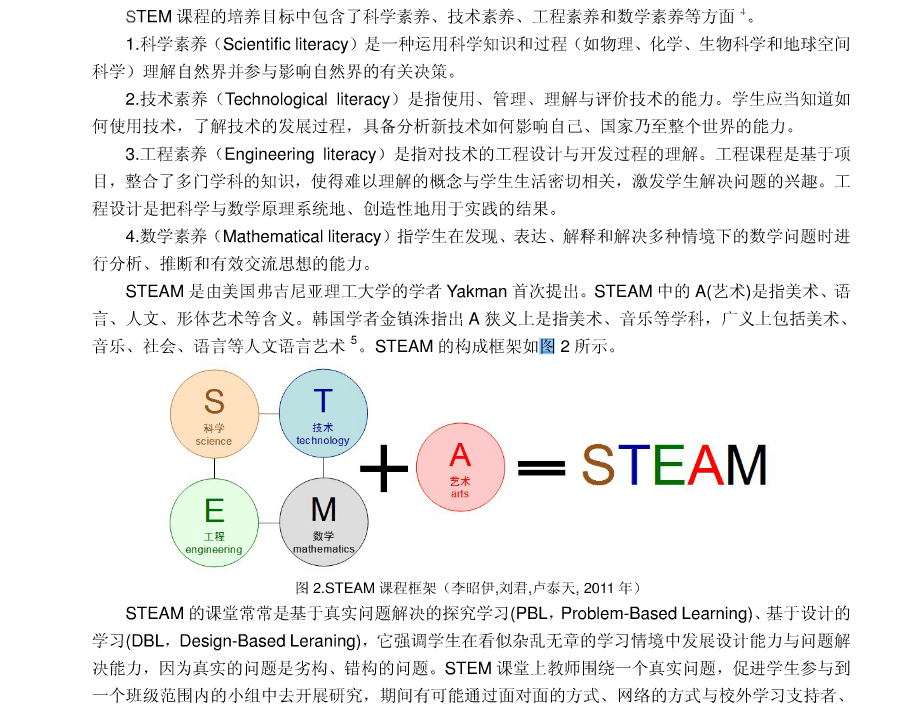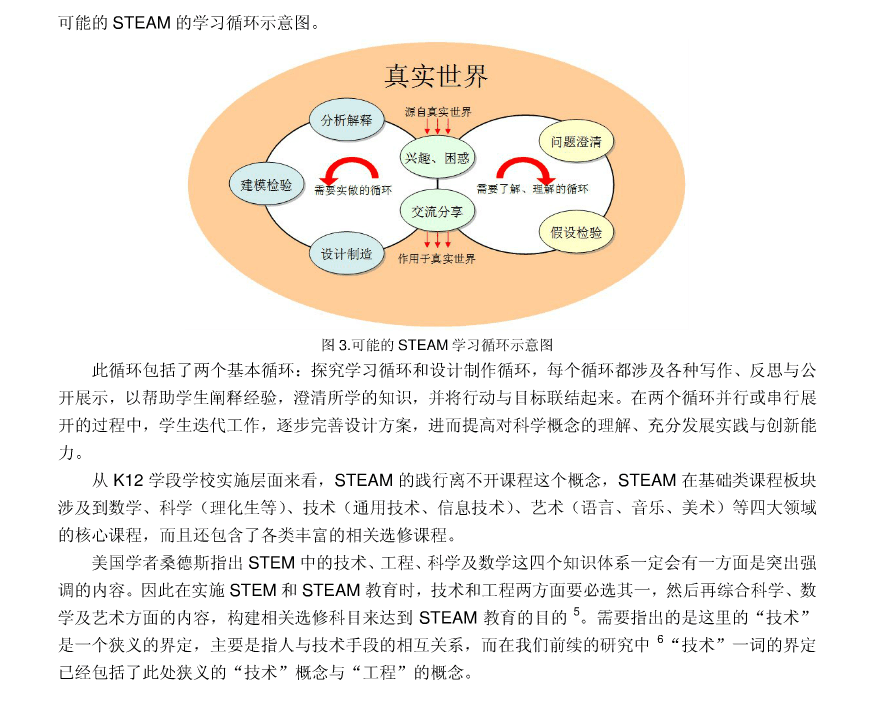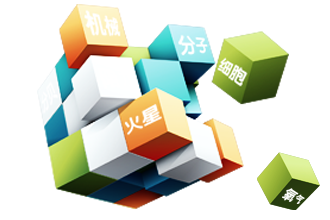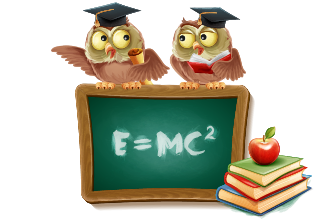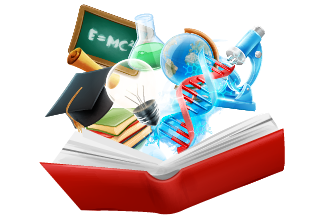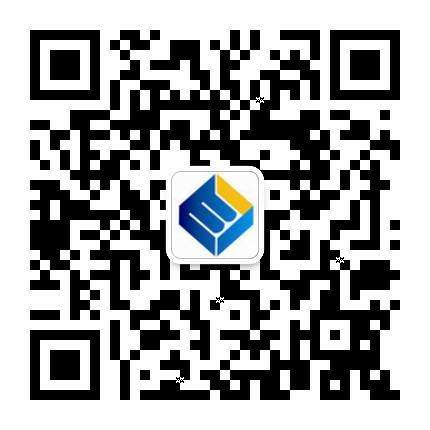STEM Research Courses
Since the United States attached great importance to STEM education and comprehensively promoted universal programming, the Ministry of Education of China has issued the "Primary School Science Curriculum Standards", officially adjusting science courses to compulsory courses covering all grades of primary school. The 'Standards' will be implemented starting this autumn.
The Ministry of Education advocates a scientific learning approach, which is a STEM curriculum organization oriented towards project-based learning and problem-solving. Science courses are closely related to courses such as mathematics and Chinese language, requiring the ability to process and quantify mathematical models in mathematics courses, as well as the ability to record, express, and write papers in Chinese language courses, as well as the guidance of scientific methods such as research-based learning in practical activities.
STEM courses mainly cultivate students' comprehensive courses in science, technology, engineering, and mathematics, and their ability to solve problems through scientific thinking. The science curriculum mainly consists of four modules: material science, life science, earth and universe science, technology and engineering, and its main form is exploratory activities. This will enable students to have an early scientific understanding of the world, rationally view things around them, explain simple life knowledge and phenomena around them, and cultivate students' innovation awareness and ability.
